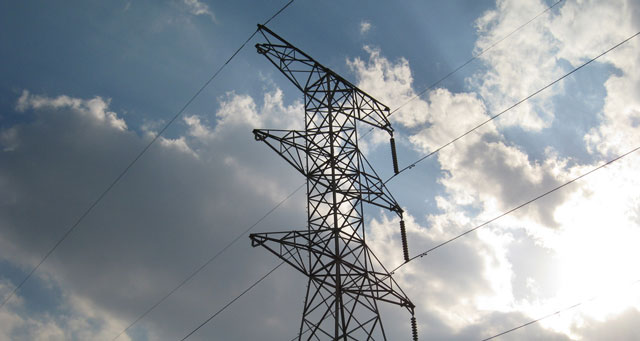
Eskom must not privatise its assets, acting CEO Brian Molefe told a panel of energy regulators on Tuesday. “I do not think it will be appropriate to sell shares in Eskom at this stage,” he said.
Molefe is asking energy regulator Nersa for a 9,6% electricity tariff increase to fund a R50bn shortfall needed to avert load shedding while Eskom conducts much needed maintenance on its ageing fleet.
However, energy expert Chris Yelland told the panel of regulators on Tuesday that Eskom was not considering other options, such as unbundling and restructuring its generation fleet and selling its noncore assets or power stations.
Molefe said this would be detrimental to Eskom as it was currently in its “bust” cycle and was “hurting” from funding its over-capitalised new build programme of Medupi, Kusile and Ingula.
“By 2019 or 2020, we should find ourselves in the upward spiral [of cash availability] again and that is when I think we will get our credit rating back,” he said.
“That is why I think selling shares in Eskom will be inappropriate at this stage, because the cycle is the wrong time to sell,” he said. “People who buy will just benefit from the … period in Eskom when it becomes cash flush, without having gone through the pain of investing in Kusile and Medupi, which have largely been done … and are just about to be completed.
“When we get into the 2020s, we should not stop with the capital expenditure programme,” he said. “We should continue with it so that we minimise the impact of the next cycle.”
Molefe said that since the 1920s, the lifecycle of Eskom “has been boom and bust and unfortunately we are now in a bust cycle that we need to get out of without causing ourselves long-term harm”.
He said Eskom had one of the lowest tariffs in the world in the 1990s, which was a “correct decision”, but “that period is over and we are now again on a downward spiral, where we require more capacity, where we require more capital expenditure”.
“What we failed to do in the late 1990s and the late 1980s when we were cash flush was to think about this period of putting aside money or starting the capital expenditure programme earlier.”
Molefe said he wanted Eskom to gain its investment integrity back.
“I don’t think Eskom should be rated as junk,” he said. “We will be working very hard to restore Eskom’s integrity back to investment grading.
“We think that we will reduce the cost of borrowing over the long term and it is good for South Africa.
“I also, incidentally, do not think that we should allow South Africa to deteriorate to junk status as sovereign and this issue of load shedding has been cited by ratings agencies, by the IMF, by the economists, as one of the things that are contributing to low economic growth.
“If we cannot mitigate load shedding by putting aside money for [open-cycle gas turbines] and allow load shedding to proceed, unfortunately what will happen is that the impact on the economy will be much bigger than what we’re trying to save.
“Eskom has an appropriate capital structure in our opinion for a state-owned utility,” said Molefe. “At the moment we have gearing of about 75%. Once the state has injected R23bn in equity and converted R60bn from loan to equity, that will reduce to about 69%. That is about appropriate.” — Fin24

